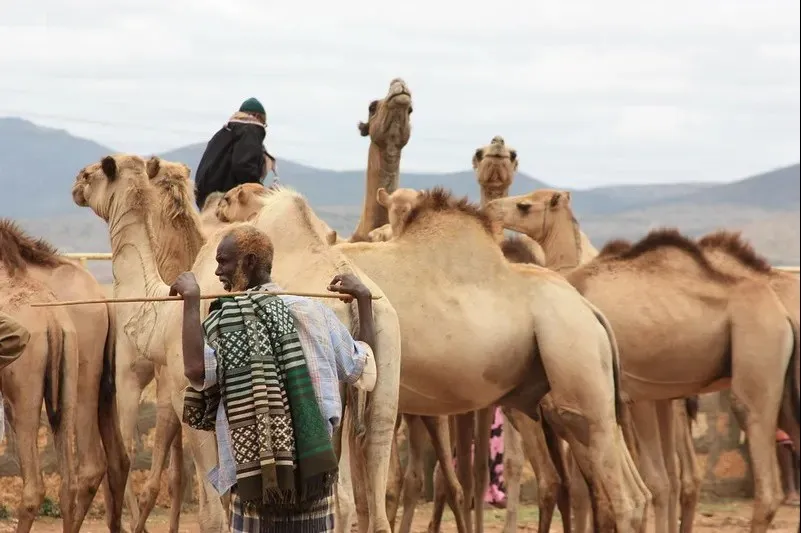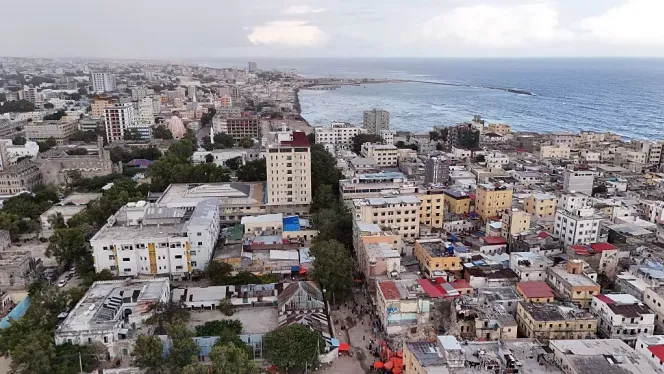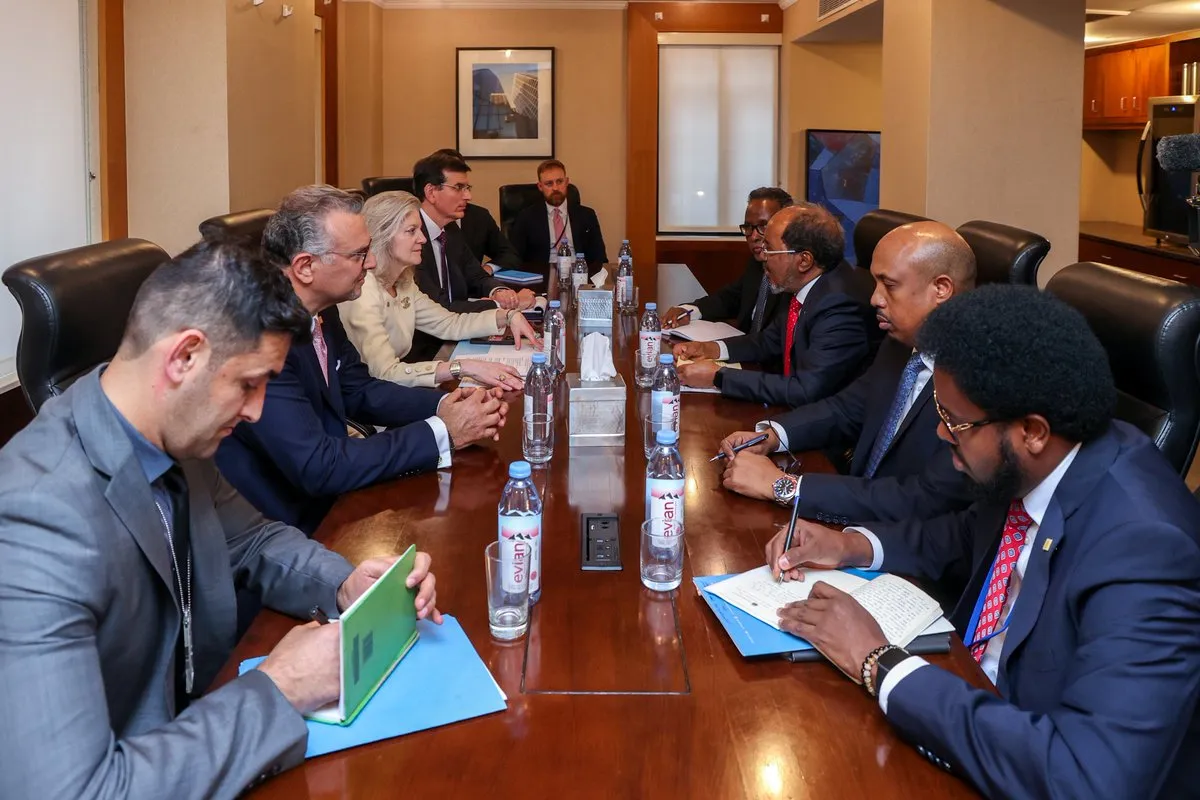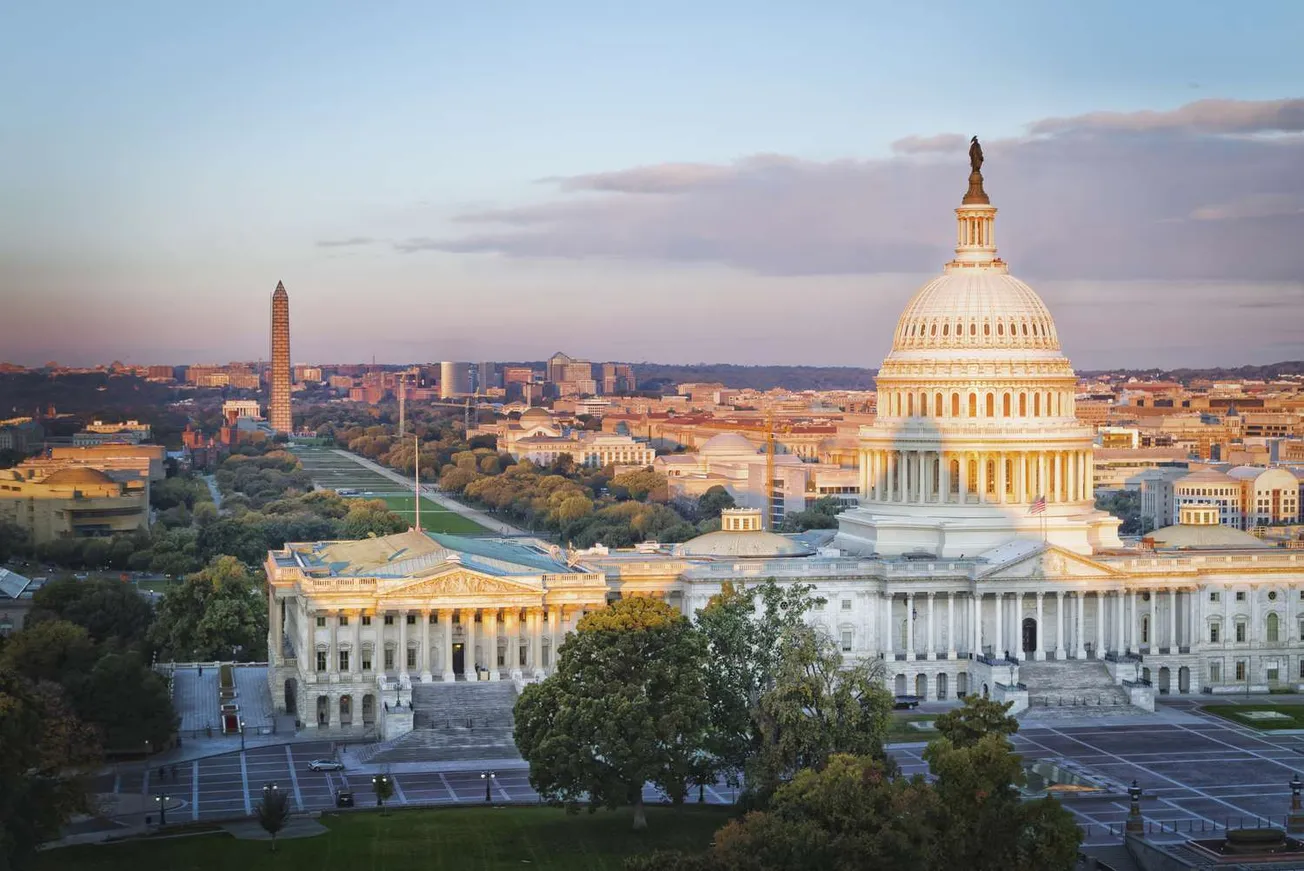Table of Contents
Somalia's political landscape is a complex tapestry woven from decades of conflict, international intervention, and a unique blend of clan dynamics and traditional governance. Since the collapse of the Siad Barre regime in 1991, Somalia has struggled to establish a stable government. The journey from the Arta conference of 2000, which established the Transitional National Government (TNG), to the formation of the current Federal Government is a story of resilience, challenges, and ongoing efforts toward peace and stability.
In the late 1990s, Somalia was a country fractured by civil war, with no central authority. The Arta Conference, held in Djibouti in 2000, was a significant milestone in Somalia's attempts to reestablish governance. The conference, attended by a broad spectrum of Somali delegates including traditional elders, civil society members, and political figures, led to the formation of the Transitional National Government (TNG). This was the first serious attempt to create a central government since the collapse of the Barre regime. However, the TNG faced numerous challenges.
It lacked widespread legitimacy and control, with many regions of Somalia still under the rule of warlords and local militias. The government's influence was largely confined to parts of Mogadishu, and its authority was constantly challenged. Despite its limitations, the TNG laid the groundwork for future political developments in Somalia.
In 2004, the TNG was replaced by the Transitional Federal Government (TFG) following the Somali National Reconciliation Conference held in Kenya. The TFG was seen as a more inclusive and broader-based government, with a power-sharing arrangement that sought to appease various clan factions. The TFG’s formation was a critical step in Somalia’s slow march toward stability, but it was fraught with difficulties. The TFG struggled to assert its authority beyond the capital, Mogadishu. The rise of the Islamic Courts Union (ICU) in the mid-2000s, which brought relative peace to parts of southern Somalia, presented a significant challenge to the TFG.
The intervention of Ethiopian forces, backed by the United States, to oust the ICU in 2006 marked a turning point but also deepened the conflict, leading to the rise of the Al-Shabaab insurgency.
The transition from the TFG to the Federal Government of Somalia (FGS) in 2012 marked a new phase in the country's political evolution. A new provisional constitution was adopted, and the first Somali parliament in more than two decades was inaugurated. Hassan Sheikh Mohamud was elected as the first president of the Federal Government, signaling a move toward a more permanent and recognized government structure. The Federal Government, however, has had to navigate a labyrinth of challenges. Clan dynamics remain at the heart of Somali politics, with power-sharing often dictated by the traditional 4.5 formula, which allocates political representation based on clan affiliation.
This formula, while ensuring a degree of inclusivity, has also perpetuated clan divisions and hindered the development of national unity.
The international community has played a pivotal role in shaping Somalia's political landscape. Various bilateral and multilateral actors, including the United Nations, African Union, European Union, United States, Turkey, and the Gulf States, have been deeply involved in Somalia's political processes. The African Union Mission in Somalia (AMISOM) has been crucial in maintaining a semblance of security and stability, particularly in Mogadishu and other key regions. AMISOM forces, primarily from Uganda, Burundi, Kenya, and Ethiopia, have fought alongside Somali forces against Al-Shabaab, creating the necessary conditions for political processes to take place. Diplomats and international organizations operating out of the heavily fortified Halane compound near Mogadishu International Airport have become central to Somalia's political machinations.
The Halane compound is a hub for diplomatic activity, where discussions and negotiations on Somalia's future are frequently held. The influence of these diplomats cannot be overstated; they often act as mediators, facilitators, and sometimes as pressure points, urging Somali leaders to make compromises and progress in political negotiations.
Somalia’s electoral process is unlike any other. Given the insecurity and logistical challenges, direct universal suffrage elections have not been possible. Instead, elections have been conducted through an indirect process where clan elders select delegates, who in turn elect members of parliament. The parliament then elects the president. The most recent elections have been marred by delays, allegations of corruption, and disputes over the electoral process.
The security situation, particularly the threat posed by Al-Shabaab, has further complicated the electoral process. Nevertheless, these elections have been a critical component of Somalia's efforts to move toward stability and democracy. The participation level in Somalia's elections, while limited due to the indirect nature of the process, has been reflective of the country’s complex clan structure. Major clans and their sub-clans play a significant role in determining electoral outcomes, often leading to intense negotiations and power-sharing deals.
Clan allegiance remains a cornerstone of Somali politics. The 4.5 formula, though controversial, has been a necessary compromise to ensure that no single clan dominates the political landscape. This system, while ensuring representation, has also made it difficult for political parties to transcend clan lines and establish themselves on a national platform. Political parties in Somalia are often clan-based or heavily influenced by clan interests. This has led to a fragmented political landscape where alliances are fluid and often short-lived.
Efforts to build a more cohesive party system are ongoing, but progress is slow due to the entrenched clan loyalties.
Somalia's political journey from the Arta Conference to the establishment of the Federal Government is a story of gradual progress amid persistent challenges. While the country has made significant strides, particularly in terms of establishing a recognized government structure and holding elections, the road ahead remains fraught with difficulties. The influence of international actors, the complex interplay of clan dynamics, and the ongoing security challenges posed by groups like Al-Shabaab continue to shape Somalia's political landscape. As the country prepares for future elections, the hope is that these processes will bring about greater stability and pave the way for a more inclusive and democratic Somalia.









